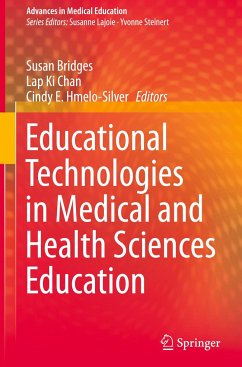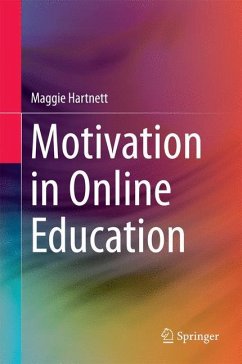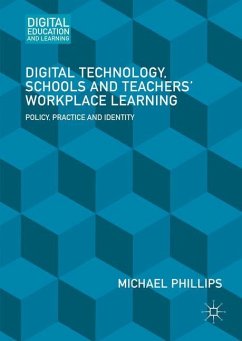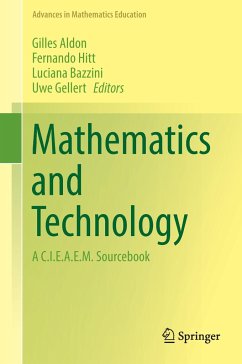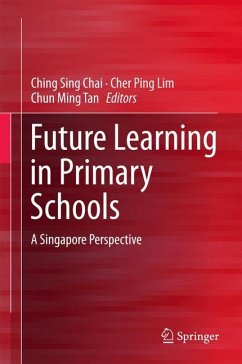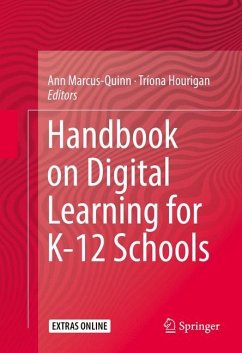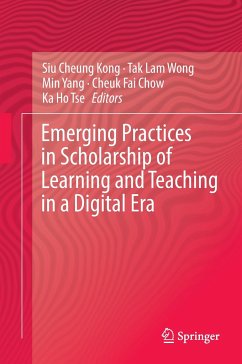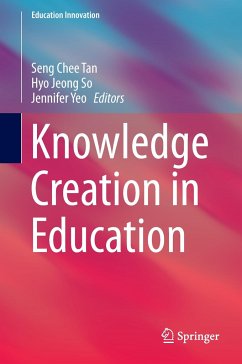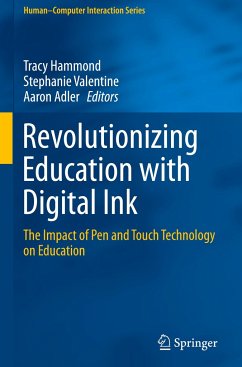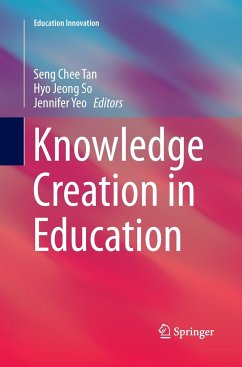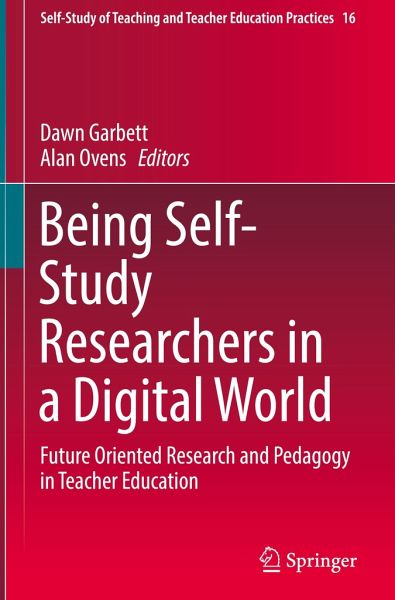
Being Self-Study Researchers in a Digital World
Future Oriented Research and Pedagogy in Teacher Education
Herausgegeben: Garbett, Dawn; Ovens, Alan

PAYBACK Punkte
37 °P sammeln!
This book presents research on the intersection of self-study research, digital technologies, and the development of future-oriented practices in teacher education. It explores the changing teacher education landscape by considering issues that are central to doing self-study: context and location; data access, generation and analysis; social and personal media; forms and transformations of pedagogy; identity; and ethics in an increasingly digital world. Self-study research on, with, and around digital technologies is highly significant in education where the rapid development and ubiquity of ...
This book presents research on the intersection of self-study research, digital technologies, and the development of future-oriented practices in teacher education. It explores the changing teacher education landscape by considering issues that are central to doing self-study: context and location; data access, generation and analysis; social and personal media; forms and transformations of pedagogy; identity; and ethics in an increasingly digital world. Self-study research on, with, and around digital technologies is highly significant in education where the rapid development and ubiquity of such technologies are an integral part of teacher educators' everyday pedagogical and research practices. Blended and virtual environments are now not only commonplaces in which to teach about teaching but also to research about teaching.
The book highlights how digital technologies can enhance the pedagogies and knowledge base of teacher education research and practice while remaining circumspect of grandiose claims. Each chapter addresses aspects of doing self-study with educational technology, and provides issues for discussion and debate for readers wanting to engage in self-study.
The book highlights how digital technologies can enhance the pedagogies and knowledge base of teacher education research and practice while remaining circumspect of grandiose claims. Each chapter addresses aspects of doing self-study with educational technology, and provides issues for discussion and debate for readers wanting to engage in self-study.



